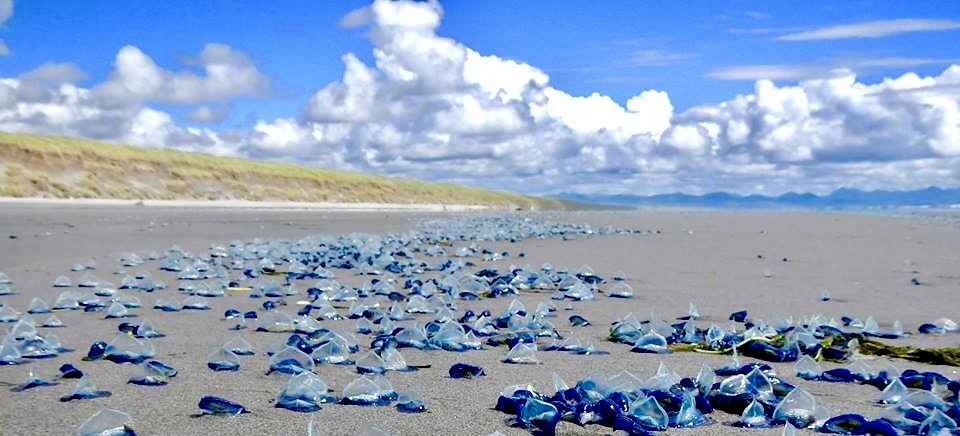One night years ago listening to a right-wing talk show host, I heard a caller take a tack away from the usual futile arguments and instead gently chide the man for his childish ideas. His theme went something like this:
You people act like you’re still in the sandbox where might makes right and if you don’t get your way you stomp everything into oblivion. I try not to get too exercised about it, I figure eventually you’ll all grow up — maybe not in my lifetime, but eventually. That is if you don’t manage to blow up the whole planet in a fit of pique.
When a child reaches a certain age, like 3 or 4 maybe, he or she is introduced to the idea that everybody gets along better if we share the things we like, not grab and hoard them all for ourselves. Even if we’re big and strong enough to get away with taking things away from other people, we really end up happier and more relaxed if we share, not fighting and fending off others all the time.
This idea is a complex one, and doesn’t make sense at first glance to a 3-year-old. In the early stages there needs to be some enforcement, some coercion if you will, in order to test the validity of this proposition and give it a chance to play out. This process usually takes years. For some it never really takes, and those people spend their whole lives trying to grab everything they can reach. If they break the law to do it they are called “criminals,” and if they manage to skirt the law they are called “conservatives.” For most of us, we learn the wisdom of this sharing idea, but still revert occasionally to sandbox behavior.
Viewed in the larger context of the organizing principles of society, we seem to find ourselves in what I would characterize as drifting back and forth between toddler-hood and early childhood. We have all heard about sharing, and most of us agree that it’s a good idea, but we really don’t like to do it a lot of the time. We are exposed to a constant stream of print and electronic media that tells us that we need more stuff. More stuff, different stuff than what we have, we are told is what will make us popular, lovable, beautiful, exciting, and happy. Others will bow to our wishes, curry our favor, hunger for our company, and sing our praises if we only can manage to get the right stuff. So naturally we need all we can get and more — what’s with this sharing business?
And sometimes, after a few bad experiences with stuff that didn’t propel us into glory as expected, we remember the sharing lesson, and we take a break from the gerbil wheel to smell the roses. We do this as individuals, and also as a society, swinging from a focus on our own private interest to a focus on the “public interest.” Some scholars have argued a 20-year cycle to the societal swing. If you’re an optimist you hope that the swing moves gradually ever closer to the public interest as the human race “grows up.” If you’re a pessimist, or just don’t give a shit, you are left to hope that someone in high office driven mad by the lust for more stuff doesn’t manage to put a sudden end to the game.
But just as a child inevitably grows up despite everything, so too perhaps the human race will also graduate from the sandbox. In the interim, it is pretty clear from childrearing studies that beating a child, arguing with a child, or even reasoning with a young child are at best futile and at worst counter-productive. So let us act like grownups (if we are grownups), set a good example, be gentle, be patient, and maybe someday, despite everything, you [the talk show host] will grow up and the human race will grow up too.
The young man who spoke these words, clearly much younger than the host, was calm, articulate, and gently amused by the vision he was presenting. For his side, the host let him speak and I don’t remember any acrimony. The conversation left a lasting impression on me, and I don’t think I’ve ever heard a clearer explication of the human condition nor a better justification for long-run optimism.
